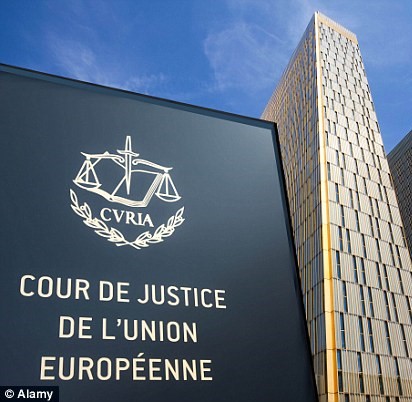Top European Court holds hearing on Polish refusal to recognise same-sex marriage certificate

Case could establish critical precedent for the freedom of movement of same-sex couples within the EU
Yesterday, the Court of Justice of the European Union (CJEU) held a hearing in the case of Wojewoda Mazowiecki (C-713/23) concerning the recognition by Polish authorities of a same-sex marriage certificate obtained in another EU Member State.
The hearing follows Poland’s refusal to transcribe into the civil registry a certificate of same-sex marriage contracted in Germany between a Polish citizen and a Polish-German citizen. The couple currently resides in Poland.
The Court is asked whether this refusal conforms with the provisions of the Treaty on the Functioning of the European Union (TFEU) and of Directive 2004/38/EC, which establishes the rights of EU citizens to move and reside freely within the EU, read in conjunction with the European Charter of Fundamental Rights (ECHR), particularly the right to respect for private and family life and the prohibition of discrimination.
The Court is asked to follow the reasoning adopted in the recent judgment in the Mirin case, which confirmed that freedom of movement and other fundamental rights guaranteed under the Charter require authorities to transcribe changes to gender markers and forenames obtained in another EU Member State into their civil registries. By requiring Member States to amend entries in the birth certificates of EU citizens, Mirin ensures that the legal framework for registering and amending citizens’ data is consistent across EU Member States.
This would be a significant step towards the protection of same-sex couples across the EU, especially in light of recent European Court of Human Rights judgments in Przybyszewska and Others v. Poland which found the Polish state in violation of Article 8 (right to respect for private and family life) of the ECHR for failing to provide a specific legal framework recognising and protecting same-sex unions, and in Formela v. Poland which found that Poland breached the same provision for failing to recognise the relationships of two same-sex Polish couples married abroad.
According to Senior Strategic Litigation Officer with ILGA-Europe, Marie-Hélène Ludwig: “A positive ruling in this case would go beyond what the Court found in the Coman and Pancharevo cases and build on the Mirin judgment to recognise that transcription of marriage in civil registries is the only way to effectively ensure freedom of movement of same-sex couples in the EU, notably in countries still deprived of any legal framework recognising their union. This is especially important as marital status – just like one’s gender identity and sexual orientation – is a fundamental aspect of a person’s identity and personal status.”
According to attorneys Pawel Knut and Artur Kula from KMA Law Firm, the lawyers representing the applicants in the case: “The positive outcome of this case of may ensure that the transcription of the foreign marriage certificates of same-sex couples will be finally required from those Member States that still do not provide any form of legal protection for same-sex couples. We believe that this would also strengthen an effective protection for the rights of LGBT families around the EU”.
The Advocate General’s Opinion in this case will be rendered on 3 April 2025.ILGA-Europe is providing support to the applicants and their lawyers in this case.